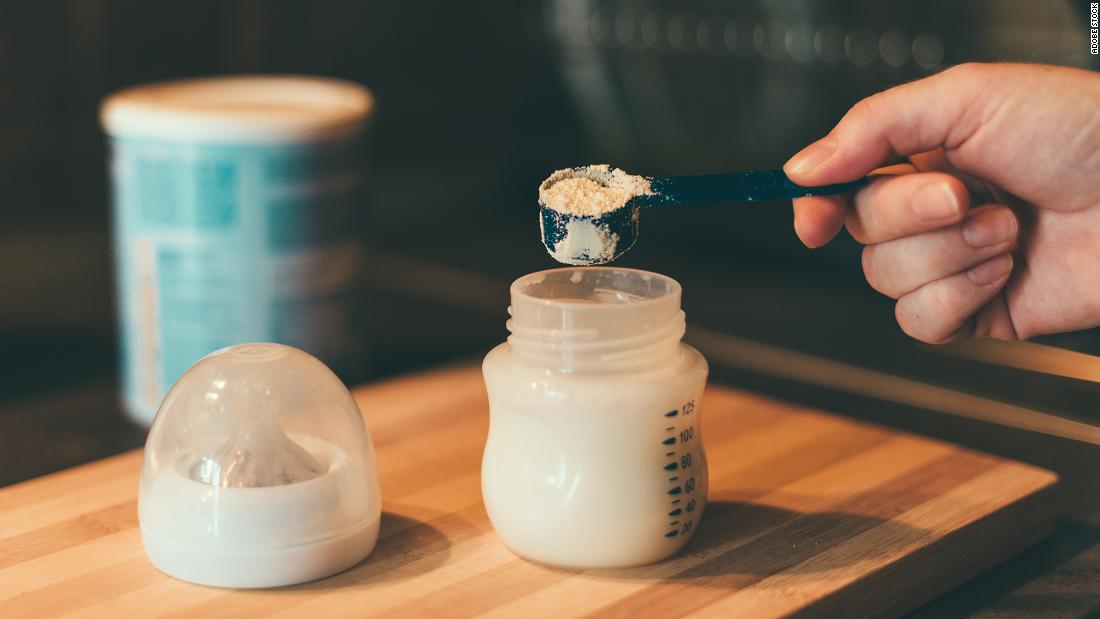The company said searches for formulas were up 245% week-over-week through May 16.
At the same time, Instacart said its personal shoppers, who pick, pack and deliver orders, continue to face widespread shortages and the rate at which they are able to find the formula on store shelves has plummeted. 52% since early May.
Instacart said it saw an 80% increase in refunds over that time. In most cases, his personal buyers have been unable to accommodate requests for specific brands or acceptable replacements for them.
Although Instacart does not have any in-stock products, the company said that starting next week, it will implement a purchase limit on the formula to help more families access it.
Many of its retail partners have already implemented similar, if not stricter, limits in stores, the company said.
In a single Instacart transaction, a customer could buy four containers of a specific formula, and if they need, they can also buy four additional containers of a different formula product.
Instacart said its purchase limit is in addition to limits imposed by any individual retailer. If a retailer’s limit is stricter than Instacart’s, it will respect the retailer’s limit.
According to digital intelligence platform Similarweb, retailers started seeing an increase in demand for baby formula in the fall of 2021.
Abbott said Tuesday it plans to restart work at its Sturgis, Michigan plant on June 4, with the first batches of the new formula expected to be available to consumers on or around June 20. When the plant is operational, the company will be able to increase its capacity by 40%, according to Chris Calamari, who heads Abbott’s nutrition division.
–CNN’s Jen Christensen contributed to this report.




/cloudfront-us-east-2.images.arcpublishing.com/reuters/ZISGEQFKQJIY5CAVZEQA7GRACU.jpg)